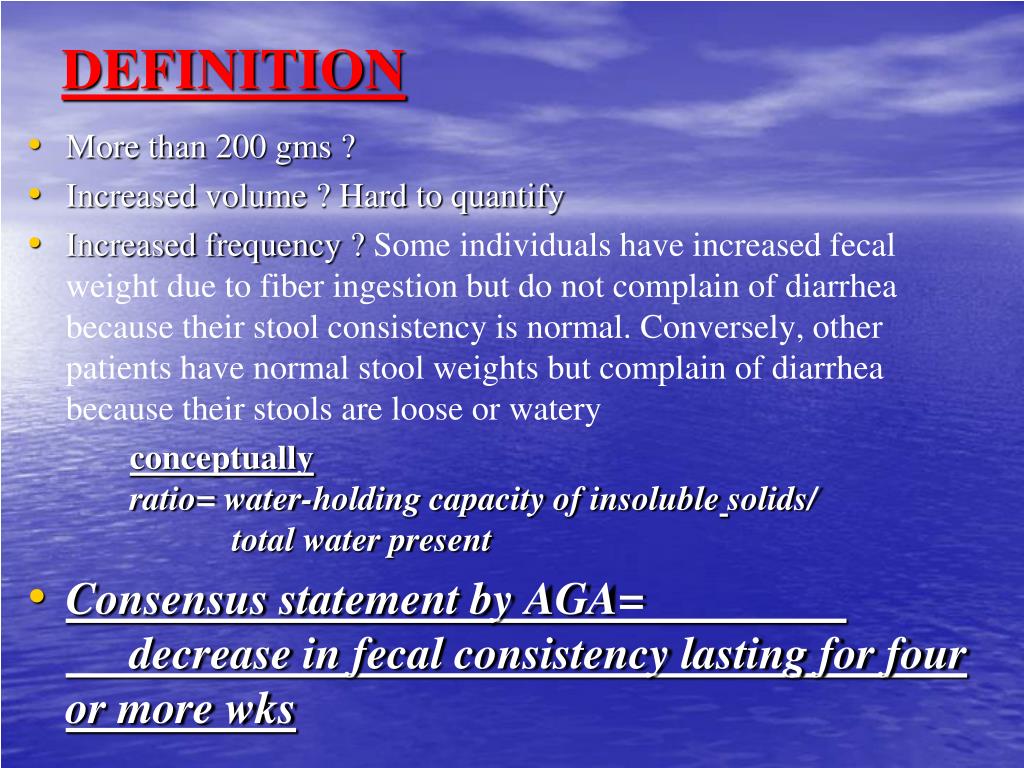

But these estimates may be low, as many people don’t seek treatment unless they have other symptoms, such as pain or bleeding. How common is this condition An estimated 1 to 3 of the population has chronic diarrhea. There are many causes of nighttime urination. Chronic diarrhea is persistent diarrhea that continues for more than four weeks. Nocturnal diarrhea occurs at night and often disrupts sleep. Diarrhea is when you have loose, watery stools. This is an extremely common condition affecting 30-50.

The syndromic diagnosis of organic diarrhea can also be approximated with relatively easy tests. Diarrhea at night can cause anxiety and discomfort. The most common cause of osmotic diarrhea is carbohydrate malabsorption, especially lactose intolerance. But when diarrhea goes beyond a run-of-the-mill digestive issue, it can be a sign of a more serious condition. Our study confirms that a detailed history and a few simple laboratory data can help to distinguish between functional and organic diarrhea and so avoid extensive investigation. Most cases of diarrhea are a minor annoyance. In 20 of 21 patients with organic diarrhea, an syndromic diagnosis (fat malabsorption, n = 13 inflammatory bowel disease, n = 4 and secretory diarrhea, n = 3) could be obtained with three simple tests (stool fat, rectal biopsy, and fecal water osmolality and electrolyte determination, respectively). One or more laboratory alterations (increased erythrocyte sedimentation rate, anemia, hypokalemia, and low serum albumin level) were found in 62% of patients with organic diarrhea but in only 3% of those with functional disease p less than 0.001. Significant weight loss, nocturnal diarrhea, and the absence of tenesmus were associated with an organic cause. The following clinical data did not help in the differential diagnosis: age, sex, duration of diarrhea, presence of continuous diarrhea, abdominal pain, stool frequency or volume, and presence of stool mucus. The final diagnoses were irritable bowel syndrome in 34 patients, organic diarrhea in 21, and unknown cause in three.

To investigate whether the clinical history and basic laboratory test results can differentiate between an organic or functional cause of chronic diarrhea and thus avoid unnecessary hospital admissions and invasive procedures, we reviewed the charts of 58 adult patients admitted during 6 years because of chronic diarrhea who had normal stool and colonic examinations.


 0 kommentar(er)
0 kommentar(er)
